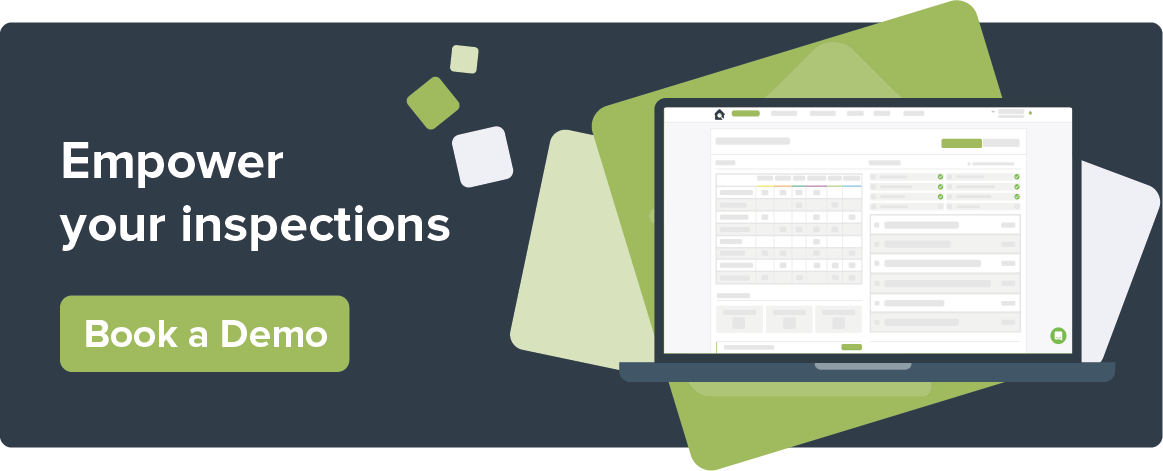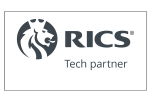Whether it’s producing business plans and property performance reports or securing finance for the purchase and improvement of properties, developing property investment strategies or conducting real estate asset tracking, asset management is changing under a wave of digital transformation that continues to sweep throughout the property industry.
Adopting an analytical role, real estate asset managers are expected to conduct a range of tasks to maximise property value and investment returns. Working mainly on behalf of large entities and established investors, they must find ways of reducing expenses, building revenue, and minimising the risk associated with portfolio management.
The successful development and management of property portfolios demands a comprehensive understanding of market conditions and trends. Asset managers should have a natural curiosity and eagerness to learn about the latest developments for sound decision-making. Such decisions also depend on a practical knowledge of finance and an understanding of investment options.
It’s therefore vital for asset managers to be able to identify assets that will generate consistent profit or become increasingly valuable over time. They should be able to make investment recommendations, considering the expected expenses of ownership, and risks must also be taken into account, with contingencies created as a means of safeguarding against failure.
All of these duties should be carried out with the aim of maximising property returns. This will mean identifying opportunities for property portfolio development, with associated costs and risks being minimised. The asset manager will also be expected to research and analyse the market, engage in negotiations, and establish revenue-boosting deals. They should have outstanding analytical and communication skills, as well as an entrepreneurial spirit.
Leonard Ang, CEO of iPropertyManagement, has suggested that an asset manager is “an expert on market value [who should] give the ownership a better chance of increasing their returns”.
So while the role has remained relatively the same over recent years save for marginal evolutions in processes, how are the challenges of asset managers evolving?
The challenges in asset management
While property technologies have been developed to meet a range of expectations, many thought leaders in the industry feel that asset management has lagged behind the pace of change. This has made for difficulty in the retrieval of key data, with a negative impact on decision-making. MRI Software’s recent Digital Transformation report revealed that only 46% of commercial property professionals consider the use of such outdated systems and manual processes to be challenging.
Real estate managers have also struggled with these challenges:
- Organising seamless customer experiences across channels
- Realising measurable performance improvements and business outcomes
- Streamlining complex processes and reducing manual workloads
- Optimising resource allocation and cost-efficiency
- Facilitating data-driven decision-making
- Enabling real-time access to accurate and reliable information.
Gradually overcoming the resistance to change, asset managers have made strides in the adoption of technology over recent years. Property management platforms have allowed for the development of digital links with other key stakeholders. In turn, this has made for the reduction of response times and enhancement of tenant satisfaction. Property technologies also allow for improved data analysis, with better insights into the needs and expectations of tenants and building occupants.
As Andrew Knight, Global Data and Tech Lead at RICS said: “the built environment has a huge opportunity to improve the way it collects, manages, analyses and turns data into information, to improve the performance of real estate, and at the same time deliver great spaces for people to live work, and play.”
“The built environment has a huge opportunity to improve the way it collects, manages, analyses and turns data into information, to improve the performance of real estate, and at the same time deliver great spaces for people to live work, and play.” – Andrew Knight, RICS
Future of asset management and digital transformation
As buildings and real estate operations become increasingly dynamic and complex, the role of the asset manager continues to evolve. There’s growing reliance on property technology when it comes to the navigation of market nuances, completion of in-depth risk assessments, and general management of property portfolios. It’s expected that there will be greater investment in technologies such as artificial intelligence and predictive analytics over the years ahead.
Using such technology for the automation of routine tasks results in financial savings, with real estate managers having more freedom to focus on value-adding activities. Access to real-time data allows for the improved detection of trends and patterns so that better decisions can be made. It’s becoming increasingly obvious that property technology is the key to competitiveness in the digitally focused world.
As Steve Rad, CEO of Property Inspect emphasises: “Embracing software and tools that make traditional processes smarter and more efficient is the first step towards lasting transformation.”
This is most obvious in the adoption of our all-in-one platform for effective property management and compliance.
Property Inspect enables asset managers to create and maintain highly detailed records. Integrated with smart technologies, our mobile-friendly app enables the collection and analysis of key property data for the optimisation of tenant experiences. With access to comprehensive property condition reports asset managers can make well-informed recommendations and minimise the risk of failure.
Other Property Inspect features of benefit to asset managers include:
- Efficiency boosting property inspection templates
- Shared inspection reporting via the live dashboard
- Report customisation for a focus on issues directly linked with property value
- Embedded image capture and video recordings for landlord and tenant review
- Integrations with a variety of 3rd party software and CRMs for a more streamlined service.
You can discover the transformative features and benefits first-hand with a free trial of Property Inspect, or download our latest whitepaper for more insights into the ways that asset managers are stepping up their property asset management with our award-winning inspection software.










